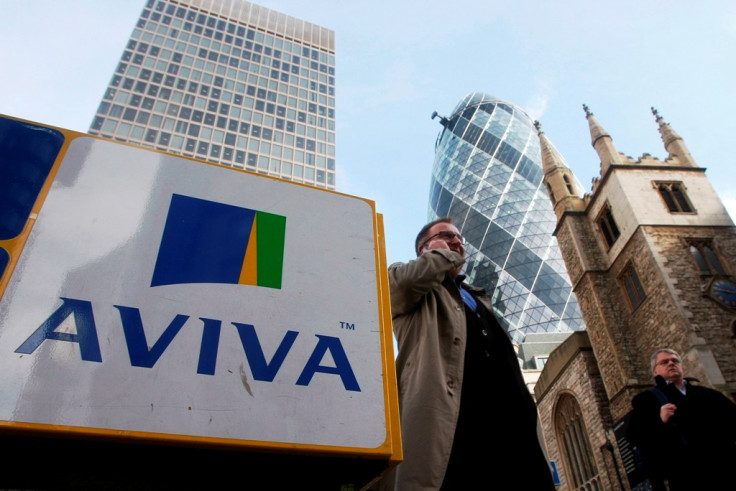UK real estate funds hit as Aviva joins Standard Life to suspend trading
Suspension follows rising redemption requests by investors withdrawing money after Brexit.

The commercial real estate market took a hit on Tuesday (5 July), as Aviva joined Standard Life in announcing a suspension of trading of its property fund with exposure to UK shopping centres, warehouses and offices.
The move follows a lowering of the headline valuation of their property funds by both investment managers in the region of 5%. Aviva's fund is valued at £1.8bn, while Standard Life's valued at £2.9bn.
Henderson Global Investors also downgraded its property fund's valuation by 4%, as did Aberdeen Asset Management with a 5% valuation cut, with investors queuing up to withdraw their money after the UK voted to leave the European Union on 23 June.
Explaining its decision, Aviva said: "The extraordinary market circumstances, which are impacting the wider industry, have resulted in a lack of immediate liquidity in the Aviva Investors Property Trust.
"Consequently, we have acted to safeguard the interests of all our investors by suspending dealing in the fund with immediate effect. Suspension of dealing will give Aviva Investors greater control in managing cashflows and conducting orderly asset sales in order to meet our obligations to investors wishing to redeem their holdings."
Earlier, commenting on the decision to suspend trading of its property fund in the face of rising redemption requests, Standard Life said the selling process for real estate can be lengthy as the fund manager needs to offer assets for sale, find prospective buyers, secure the best price and complete the legal transaction.
"Unless this selling process is controlled, there is a risk that the fund manager will not achieve the best deal for investors in the fund, including those who intend to remain invested over the medium to long term."
Bank of England warns of 'risks on the horizon'
It last initiated a similar action in 2008 at the height of the global financial crisis. Meanwhile, Bank of England noted in its Financial Stability Report, that there were "risks were on the horizon" for the commercial property market, with foreign capital inflows falling by 50% in the first quarter of 2016.
Laith Khalaf, senior analyst at Hargreaves Lansdown, said real estate fund managers will now be adding to the supply of commercial properties on the market, which is likely to put downward pressure on prices.
"Diversification and income are both legitimate reasons for investing in the commercial property funds, but high costs and poor liquidity are two drawbacks which investors need to be willing to shoulder before investing in the sector. Foreign investors might be tempted in by the fall in the pound, but equally they may decide to steer well clear of a British economy in limbo."
© Copyright IBTimes 2025. All rights reserved.






















